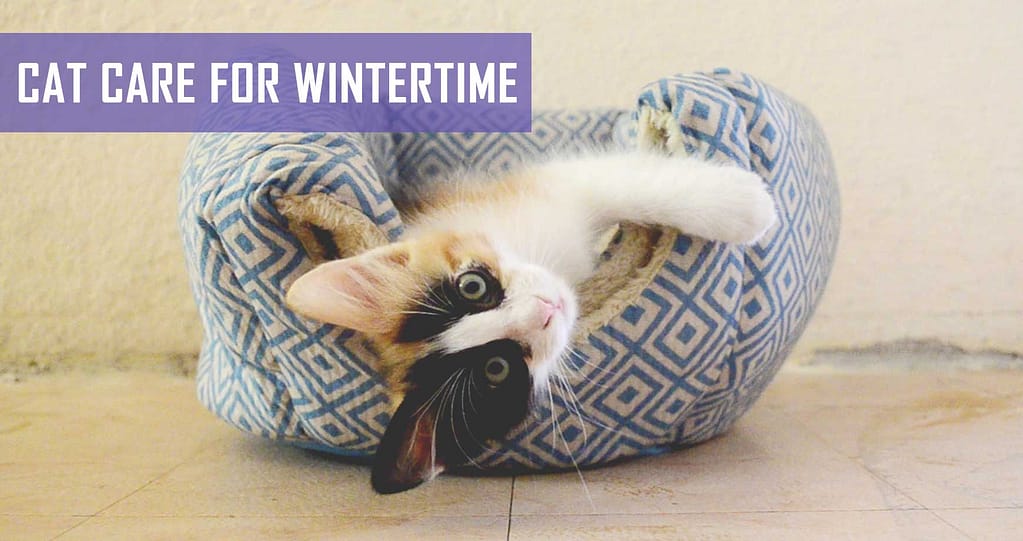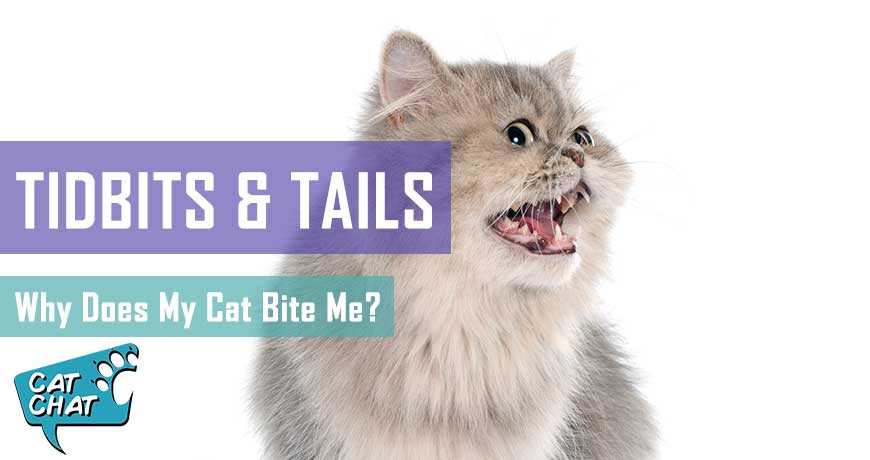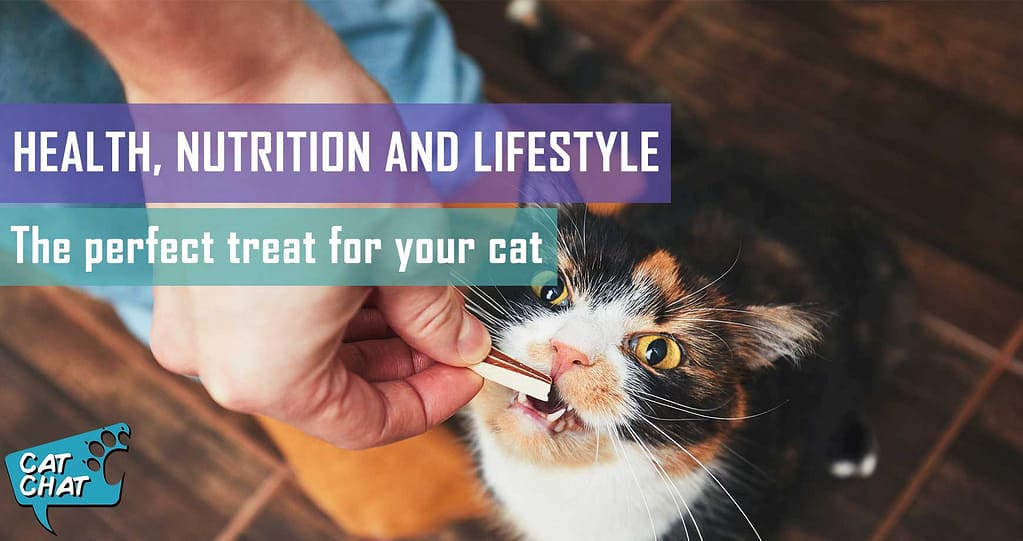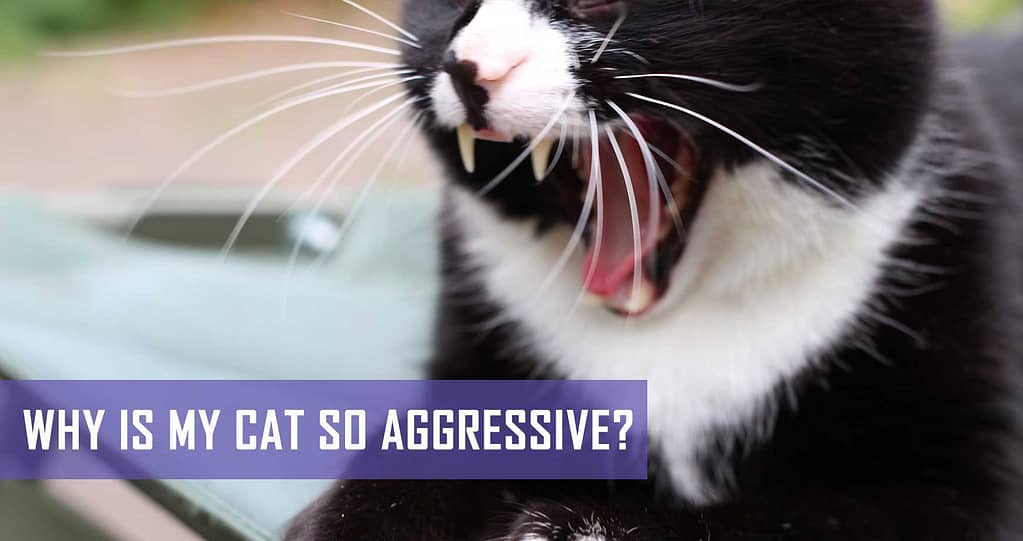If you’ve noticed more cat hair on your couch, bed and in the vacuum cleaner, this is the ‘cat signal’ that wintertime is almost upon us. Most cats will be growing in their own fur coats as they adapt to the nippy season, but this – and eating more – is the only defence they have against the winter cold. There is a lot you can do to help keep your cat warm, properly fed, exercised and healthy this season.
Indoor cats
Indoor cats love comfort, cleanliness and your undivided attention, so even though these purry domestic divas may not experience that much of a seasonal change in terms of their living conditions, some winter adjustments can still be made.
Warmth
You may notice your purry friend taking up all the sunny spots near the windows or wedging herself between you and the heater or fireplace. This shows that she’s feeling a little chilly and she’s solving the problem by staying close to a source of heat. Unless she doubles up as your purry hot water bottle and sleeps in your bed, make sure her own bed is warm enough for the winter.
The following closed beds by Rosewood are purrfect for wintertime:
Add some extra blankets to your kitty’s own bed so she can make a cosy nest and bed down for the cold season.
Remember that heat rises, so raise your cat’s bed off the floor and onto a chair. This will keep her out of any draughts, especially from gaps under the doors, so the cold doesn’t creep into her bones.
Exercise
Extra playtime with your cat will help to keep her energy and her body temperature up and help combat the winter chills. A good supply of cat toys will keep boredom and lethargy at bay and prevent her from piling on the winter weight. Spend time daily interacting with your cat – it will keep her healthy and strengthen your bond as well.
Food and water
Depending on your cat’s exercise levels, she may need some additional calories during the winter. Visit the vet to find out if your cat needs an adjustment to her diet, or if an extra treat or two will help to top off her energy needs.
And as always, make sure your cat has fresh water available at all times.
Health
Since your cat may be shedding in winter, groom her daily to ensure any loose, dead hair can come away cleanly and doesn’t cause hairballs or matting or a clogged up vacuum cleaner.
In- and outdoor cats
Cats who spend their days divided between being indoor creatures of comfort and outdoor adventurers will need a close eye kept on them in winter. As the seasons change, you may notice your purry pioneer spending more time indoors because it’s colder outside, or she might spend more time outdoors lounging in the sunshine or being extra adventurous to keep warmer. Each cat’s circumstances will be different, but the goal must be to keep your cat safe and comfortable during the colder months.
Warmth
Depending on the type of winter you experience (sunny, cold and dry; or cold and wet), you may want to lure your kitty inside more often during winter. This can be achieved by providing all the winter warmers mentioned above. Show her that it pays to stay indoors, but this means also needing to meet her exercise needs while she’s cooped up indoors.
Food and water
Ask your vet to assess your cat’s dietary needs for the winter. If she needs extra calories to help maintain her body temperature, it will help to provide these in treat format… especially if you’re trying to bribe your wandering cat indoors for winter. If she spends a lot more time engaged indoors, increase her caloric intake accordingly, but watch out for the winter bulge.
Make sure that any outdoor sources of water aren’t contaminated. Encourage her to drink fresh water indoors.
Exercise
Spend more time interacting with your indoor/outdoor cat. If you’re trying to coax her indoors and keep her there, you will need to be the source of her winter adventures. Cat wands with believable feathers (like the M-Pets Natura Feather Wand), catnip-infused plush toys, mobile mice and even a cat tunnel will provide important enrichment, stimulation and interaction for your cat.
Health
Your indoor/outdoor cat is probably used to having the outside world as her litter tray. If you’d prefer her to spend more time indoors during winter, provide a conveniently located litter tray or two so she has no real need to go outside… or ‘go’ outside. Here’s all you need to know about providing the purrfect litter tray.
South African summers are still relatively warm compared to other parts of the world, and our ticks and fleas can be hardy critters. Keep your cat’s tick and flea treatments up to date. Daily grooming will help you to spot evidence of any external parasites.
Outdoor cats
If your cat is a purrsistent outdoor kitty – as are many strays who’ve adopted themselves onto people’s patios and verandas – then wintertime can be tough to navigate. These are cats that prefer to be outdoors, but will happily be fed by their adopted people and live in their garden/general environment. Or your cat simply prefers being outside – come rain or shine.
Warmth
No matter how ‘hardcore’ your outdoor cat may appear, she will get cold during wintertime, in which case the canvas cushions on your patio furniture will not be enough to keep her warm. Provide an enclosed box with straw and blankets so she at least has an option to climb into a nice warm hidey-hole if she needs to. This will give her shelter from cold winter winds, frost and icy rain (depending on your region).
Food and water
If you’re used to leaving your outdoor cat’s food on the veranda steps or in any other inconspicuous place outside, check on it periodically to ensure that it hasn’t either frozen overnight or been eaten by other hungry outdoor critters. If there’s been a cold snap overnight where temperatures have plummeted to near- or below freezing, make sure that your outdoor cat’s available water hasn’t frozen.
Health
Cats are known to climb under cars to get close to the heat emitted by a warm car engine. If you have outdoor cats or you know there are outdoor cats in the area, always tap your car’s bonnet and be mindful that there may be cats taking cover on or near the engine.
Keep your outdoor cat’s tick and flea treatments up to date and, where possible, groom her to ensure a healthy coat that will provide some winter insulation.
Protect the old and the young
Kittens and senior cats have a harder time coping with the winter cold than adults cat do. Kittens need time and strengthened immune systems to guard against the cold, and senior cats may suffer from age-related arthritis as well as an inability to properly regulate their body temperatures. Be extra caring of your kittens and seniors and ensure they’re comfortable and healthy this winter.







